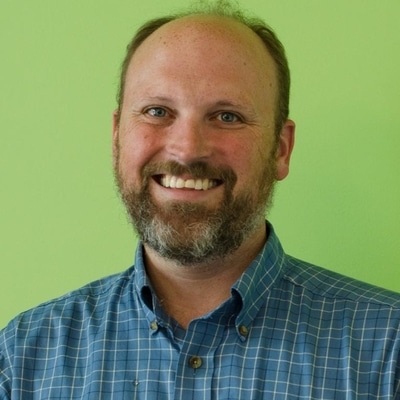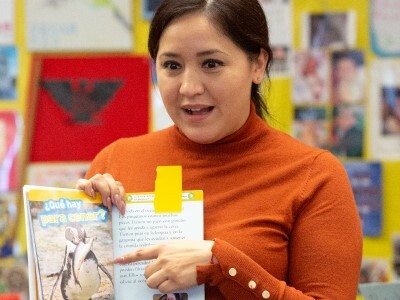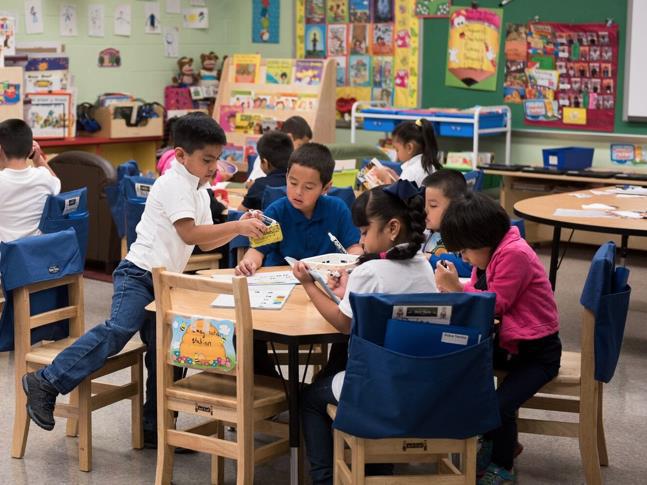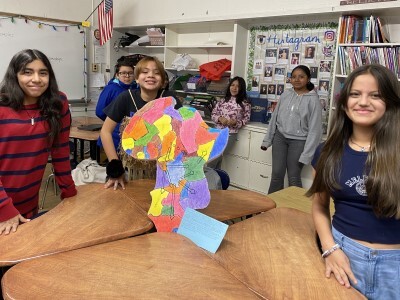Leveraging Consultancy Protocols to Tackle Inequity
Topics
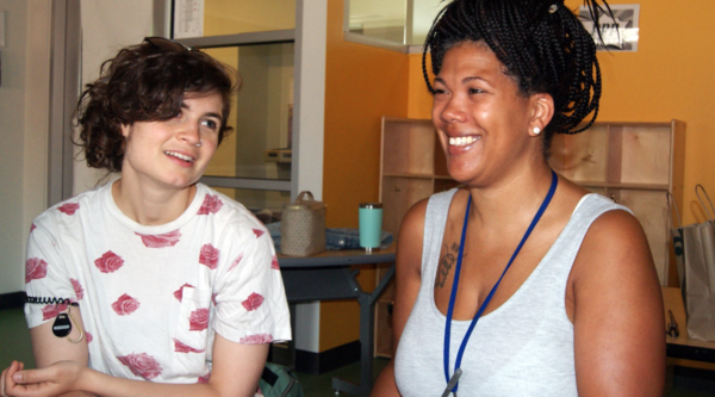
Educators are the lead learners in schools. If they are to enable powerful, authentic, deep learning among their students, they need to live that kind of learning and professional culture themselves. When everyone is part of that experiential through-line, that’s when next generation learning thrives.
By adding two new roles, consultancy protocols can help educators be more aware of biases so they can better address inequitable school policies and teaching practices.
I recently had the opportunity to facilitate a consultancy with a group of educators around how to address the inequities found in one school’s discipline data. Specifically, the school was struggling with how to work with teachers who were disproportionately sending students of color out of class for disciplinary reasons. Through the discussion, the participating educators explored powerful solutions built upon relationship building, culturally responsive pedagogies, and restorative justice practices. Through the consultancy structure, the other educators and I were able to engage in shared learning. While we did not completely solve the problem, our participation put us on a path and a step closer to realizing greater equity in all of our school systems.
As articulated by the School Reform Initiative, consultancies are a powerful structure designed “to develop participants’ capacity to see and describe the dilemmas that are the essential material of their work, and to help each other understand and deal with them.” The most effective consultancies in which I have participated typically gather eight to twenty participants with one person bringing a dilemma that the rest of the participants help to unpack and discuss possible approaches to solutions. As a structure, the School Reform Initiative’s Consultancy Protocol is a powerful tool for addressing policies and practices that continue to result in inequitable outcomes for our students. These inequities are one of the core challenges that we face in schools. Leveraging our shared learning is essential in helping each of us imagine new solutions to this dilemma.
However, in any consultancy, participants come to the discussion with inherent biases. And the challenges of having direct honest conversations across difference show up in consultancies as much as any other kind of professional discussion. For this reason, schools need to intentionally create the space for all of the members of the community to have open and honest conversations around race and how it impacts students, each other, and our work. Last year I wrote about how at Two Rivers, we are leveraging a structure of staff crews to normalize talking about race. These crews have made it easier for staff to step up bravely and talk openly with their colleagues.
Schools need to intentionally create the space for all of the members of the community to have open and honest conversations around race and how it impacts students, each other, and our work.
Consultancies within this context create a pathway to understand and deal with harm created through bias generally and racism specifically. However, just creating greater comfort in addressing issues related to racism in schools by no means removes bias from the conversation. Specifically, biased thinking within education often shows up in two ways.
First, we usually frame our dilemmas from a deficit perspective. Unfortunately too often we have conscious or unconscious beliefs about the inherent capabilities of our students. If problems are defined by what students lack—whether it be adequate support at home, academic motivation, or discipline—we fail to see the brilliance in our students.
Second, we often place blame on students or systems outside of our control. When we do this, we view problems as both intractable and beyond our responsibility to address. When we frame problems of equity in this way, we give ourselves a pass in changing our behavior and the inequities continue unabated.
With these challenges in mind, at Two Rivers, we added two additional roles when we use the consultancy protocol. The School Reform Initiative explicitly names three roles in a consultancy: the presenter, the facilitator, and the consultants. To these we have added a language monitor and an ownership monitor.
- The language monitor pays attention to whether asset-based or deficit-based language is used during the consultancy to describe students and/or families. They offer feedback based on what they hear.
- The ownership monitor pays attention to how the dilemma is framed and where responsibility is placed. They offer feedback on reframing the problem based on what they hear during the consultancy.
The formal practice of acting as a language monitor or ownership monitor helps the individual participants in those roles build their skills. They learn to recognize how bias can creep into the way we talk about and frame problems and how to speak up when we see that bias in play. However, more importantly, by naming these roles within the consultancy, we cue everyone in the conversation to pay closer attention to how deficit or asset language might be used and whether or not we are framing problems from a perspective centered on our locus of control and where we can take responsibility.
We have not yet found any ready-made solutions to eliminate inequity and other harmful impacts of bias within our education system. Consultancy protocols, with the added layer of attention to language and ownership, can help us discover new strategies to reduce inequities and help all of our students succeed. The consultancy in which I recently participated is a case in point. The participants were a group of school leaders from across the country and we all face our own dilemmas caused by systemic racism baked into our school structures. By having open honest conversations about the root of the biases, taking responsibility for what is within our control, reframing our challenges with an eye toward our students’ assets, and building on our collective wisdom, we were able to come up with ideas that none of us could have arrived at alone. These are the steps we need to take if we are serious about dismantling the White supremacist systems that are holding us all back.
Photo at top courtesy of Two Rivers Public Charter School.

